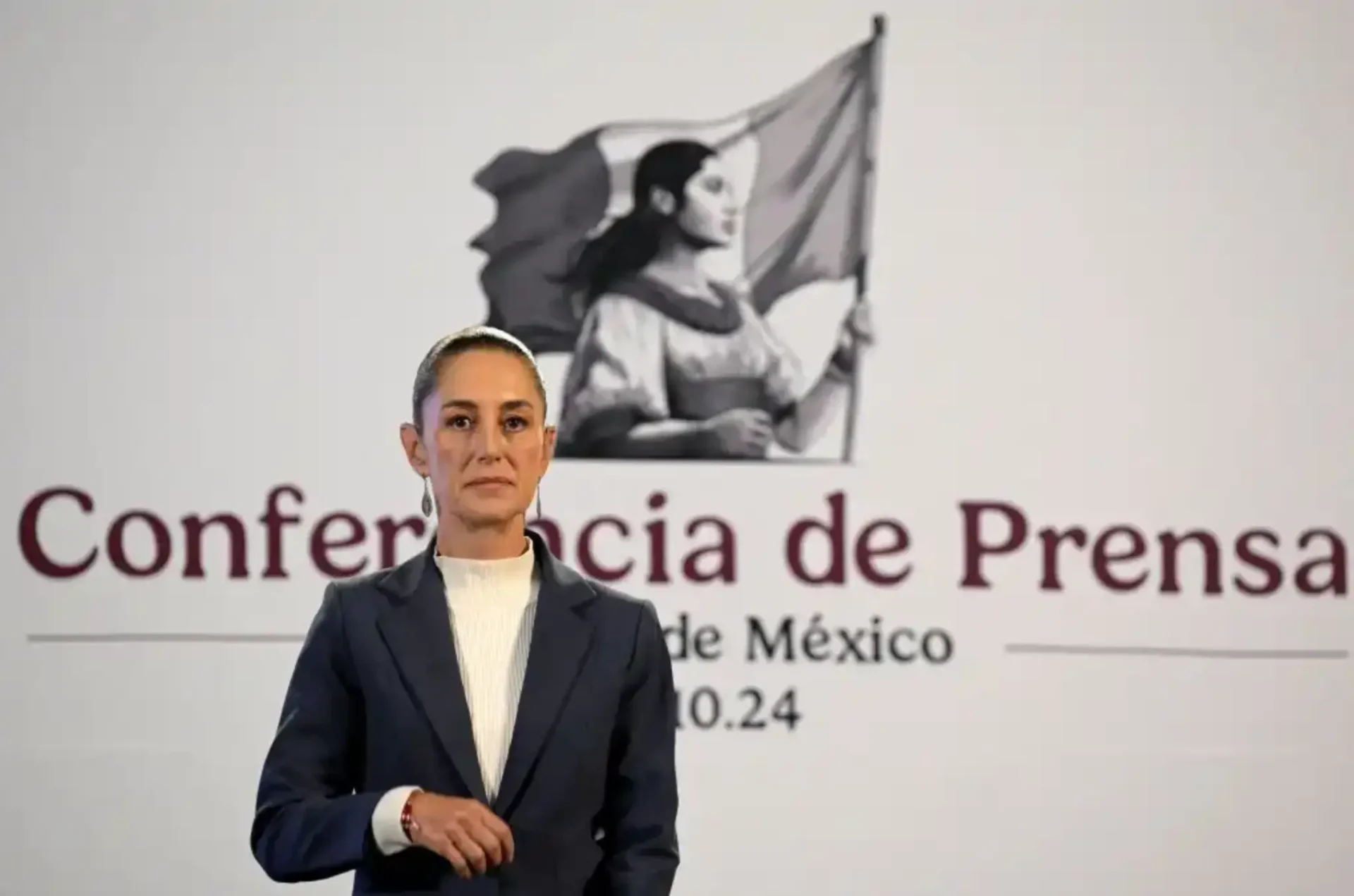Let us explore the following argument: the Morenista machinery won the presidency of the Republic in large part thanks to an election in which no resources were spared to obtain a triumph that left no trace of doubt. They achieved a legislative victory below the legal requirements. Still, the coercion of electoral councilors and magistrates turned it into a qualified majority that has allowed Morena and its allies to make constitutional and regulatory reforms that will make possible a change of regime that allows, if nothing else happens, to keep power forever. Furthermore, this legislative majority has pushed aside the opposition, even though it obtained 44% of the votes cast and is underrepresented in the Congress of the Union; the same happens in the states and municipalities, where the opposition in most of them has a testimonial character that returns us de facto to the distant stage of the unopposed hegemonic party of the PRI (Sartori dixit).
And it remains to be seen how far this hard-won dominance can serve with the bad arts of politics, if it does not become a problem when it extrapolates sooner or later to the sphere of international relations, especially with the consolidated Western democracies.
It is clear that the most backward, autocratic and authoritarian sector of the Latin American left is licking its lips at the fact that “everything went so perfectly” in Mexico. On the other hand, we saw the opposite in Venezuela, where the “progressive” Nicolás Maduro could not accredit, even with all the resources of the government, the minutes that would have given him the victory vote by vote, something that the Edmundo González-María Corina Machado duo was able to do convincingly.
In other words, before countries and international organizations, the empowerment of Maduro as president of Venezuela corresponds to a leftist dictatorship and that, ipso facto, has meant the disavowal of the European Union and the United States, which is even offering a reward of 25 million dollars to whoever provides information (or, better said, to whoever delivers it) for the capture of whoever occupies the official residence of Miraflores.
And the first media blow has already been struck against Mexico. Donald Trump has said that the country is “governed by the cartels” and threatens that, when he takes office as president, he will fight them in our territory. This, beyond what President Sheinbaum calls “a style of communication”, is a political definition.
It is enough to turn the expression “governed by the cartels” around to conclude that, in the dominant vision of the United States, those who govern Mexico are part of the logic of the cartelization of the country’s political life. Incidentally, there is plenty of evidence, even officially recognized by the government itself at the municipal level.
The endorsement will be whether President Sheinbaum was invited to President Trump’s inauguration. If she is invited, as she should be as her neighbors and trading partners, it will be considered a step backwards for Trump in the characterization of the Mexican political system. If not, it represents a bad sign for bilateral relations.
In other words, what good will it do to have the presidency of the Republic, the Congress of the Union, the three branches of government, the vast majority of states and municipalities, if the president, the Congress, governors and U.S. agencies are in tune with the narca characterization of Mexican politics?
I know that it will be said that it is a strategy to sink the opposition and obtain benefits in an eventual bilateral negotiation -I have written the same ex ante-; however, if that becomes a policy that will be hammered through the executive, the State Department, the US embassy, the Border Patrol, the DEA and other US security agencies, we will be talking about something else, not about the campaign for votes.
And at that point, where the campaign became the government, we would have to ask ourselves if this great conquest achieved using bad arts will be a strength or a weakness of our country. This brings me back to the experience of Canada, where Justin Trudeau, the Prime Minister, resigned from office without this meaning a convulsion that would call into question the political system, but rather a strength. In accordance with its parliamentary system, he will remain in office until his party, the Liberal Party, appoints a new Prime Minister who will govern until the elections next October. And the Canadian Conservative opposition, while calling for early elections, has no problem conforming to the established rules.
The problem is that, after the abuse that has been committed in Mexico, the opposition, despite having obtained 44% of the legislative votes, is underrepresented, and that is a weakness of the president and her government team. The gringos know the process of capturing republican institutions and its effect on political representation, as they also know that strengthening this majority means conceding, and in imperial logic, if you will, Trump knows that he must not give an inch because it is destined to the strengthening of the “enemies”.
Claudia Sheinbaum has been imprudent in the handling of the Venezuelan situation. While she went from characterizing Maduro as a “progressive” equating him with Lula and Boric, even with Petro, she rejects him for not being able to prove his triumph with the tally sheets, and has ended up talking about the “self-determination of the peoples”, as if the Constitution does not speak of safeguarding principles of democratic coexistence.
In short, a power that inwardly is absolute, outwardly creaks because legitimacy is in question in the dominant U.S. narrative. It’s not just a spiel, but part of a combination of animosity and realities that Trump’s team knows. And they will not shake a pulse to use it to their advantage.
*Machine translation proofread by Janaína da Silva.













